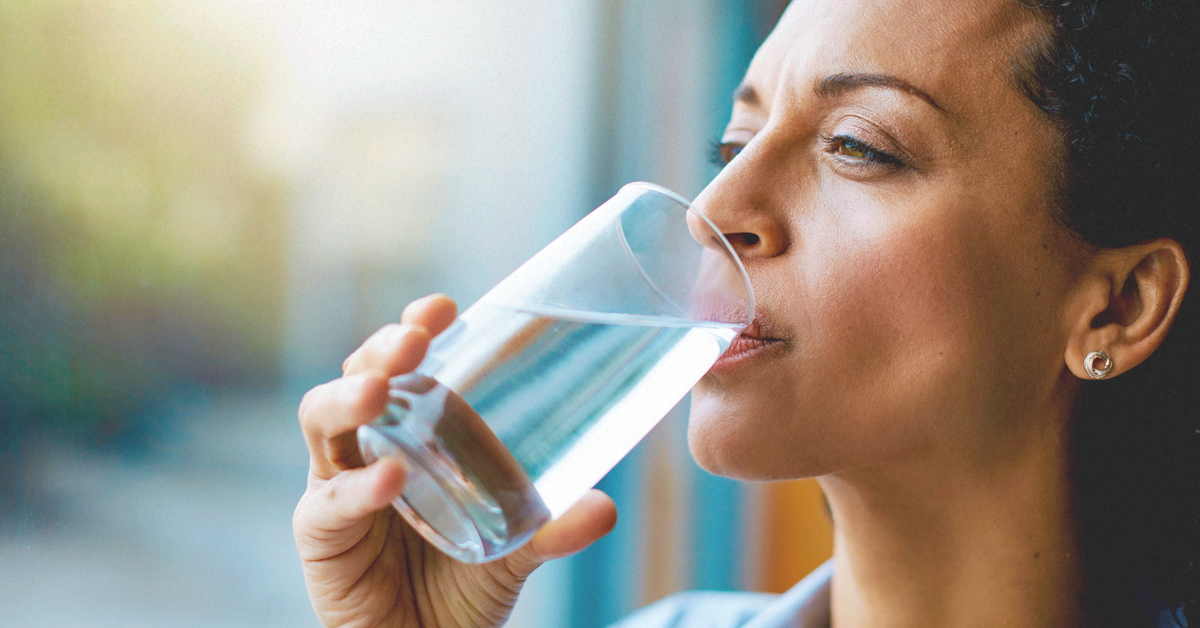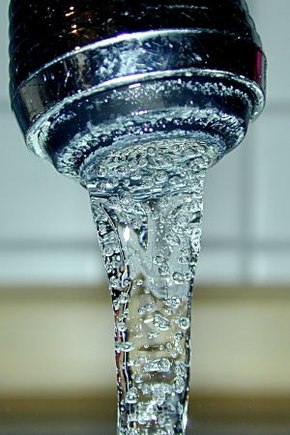Carbonated water (also known as soda water, sparkling water, fizzy water, water considering gas or (especially in the U.S.) as seltzer or seltzer water) is water containing dissolved carbon dioxide gas, either artificially injected below pressure or occurring due to natural geological processes. Carbonation causes small bubbles to form, giving the water an effervescent quality. Common forms combine glowing natural mineral water, club soda, and commercially-produced glowing water.
Club soda and sparkling mineral water and some additional sparkling waters contain added or dissolved minerals such as potassium bicarbonate, sodium bicarbonate, sodium citrate, or potassium sulfate. These occur naturally in some mineral waters but are also commonly supplementary artificially to manufactured waters to mimic a natural tell profile. Various carbonated waters are sold in bottles and cans, taking into account some plus produced upon demand by public notice carbonation systems in bars and restaurants, or made at house using a carbon dioxide cartridge.
Carbonated water is a key ingredient in soft drinks: delectable beverages that typically consist of carbonated water, a sweetener and a flavoring, such as cola, root beer, or orange soda. Plain carbonated water is often consumed as an stand-in to soft drinks; some brands, such as La Croix, develop unsweetened seltzer products that are lightly flavored by the complement of aromatic ingredients such as vital oils. Carbonated water is often consumed poisoned once fruit juice to create sparkling punches or extra cocktails, or infused when spread by the addition of cut-up spacious fruit or mint leaves.
4 Ways Drinking Water Improves Your Smile University of Illinois at Chicago (UIC) College of
Redeem points for great prizes- just for drinking water!



No comments:
Post a Comment